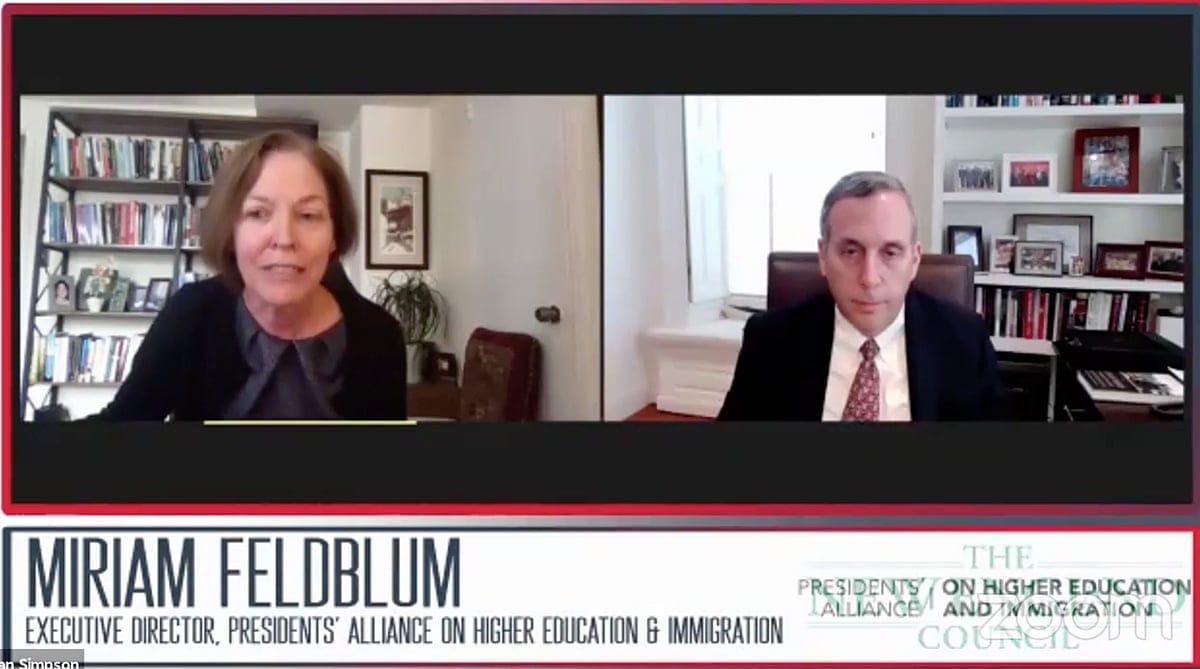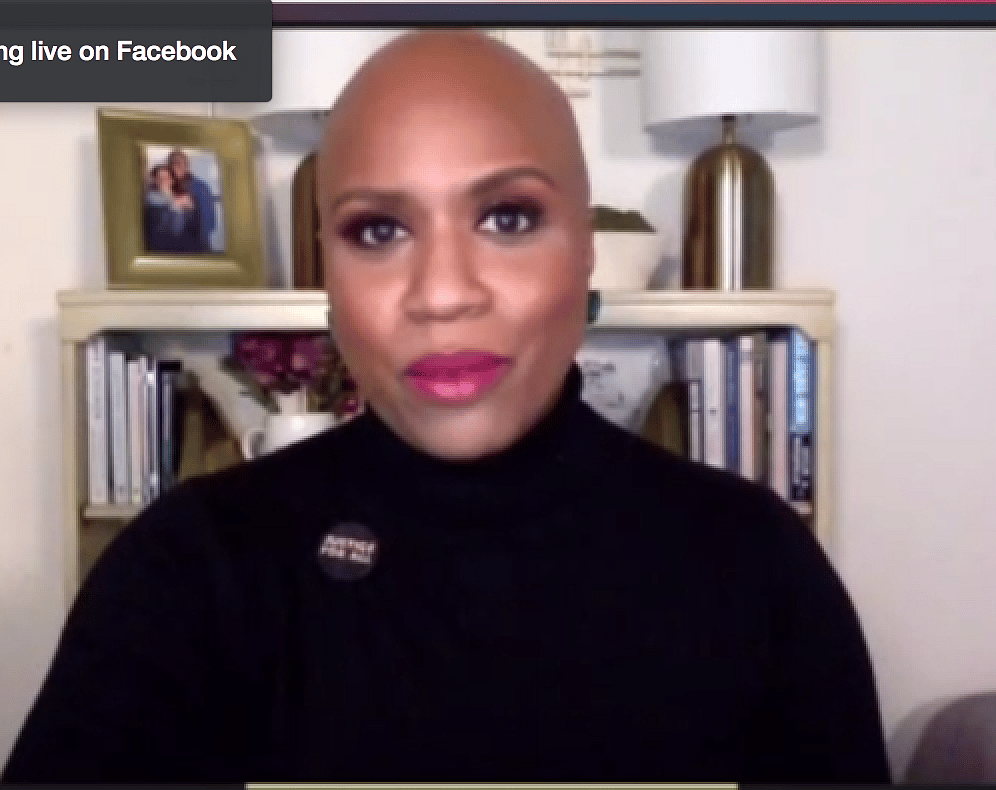U.S. Immigration Policies ‘Are Failing the Undocumented,’ Harvard President Says

Immigration policies in the United States are failing immigrants in the country illegally and their supporters, Harvard University's president said.
Lawrence Bacow, president of Harvard University, in Cambridge, Massachusetts, said former President Barack Obama's Deferred Action for Childhood Arrivals policy, which has prevented illegal immigrants who were brought to the United States as children from being deported, has done some good but doesn't go far enough.

